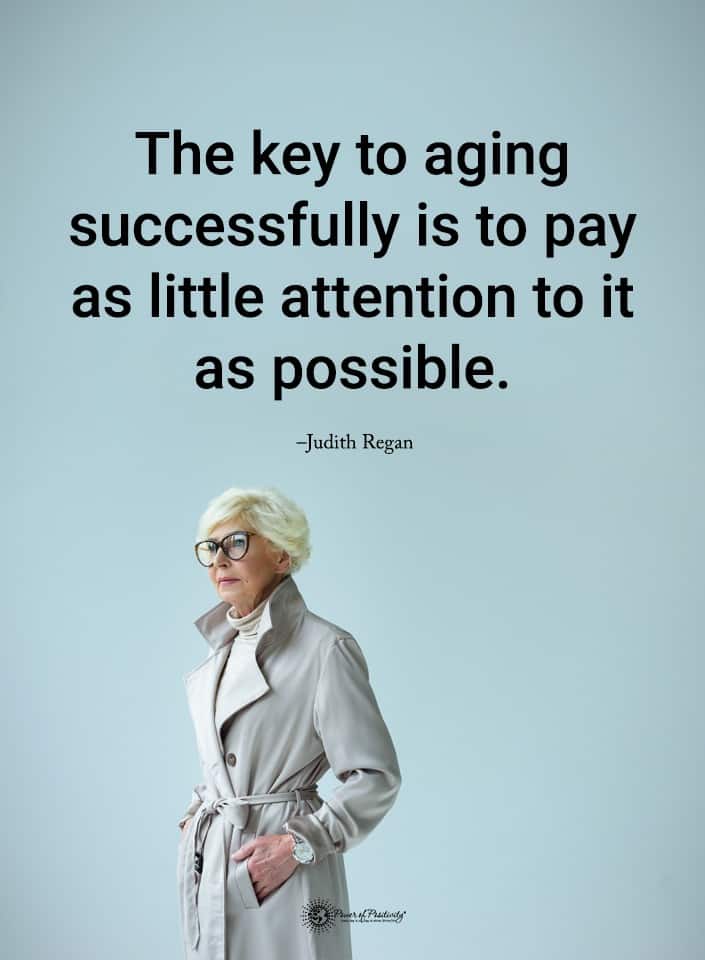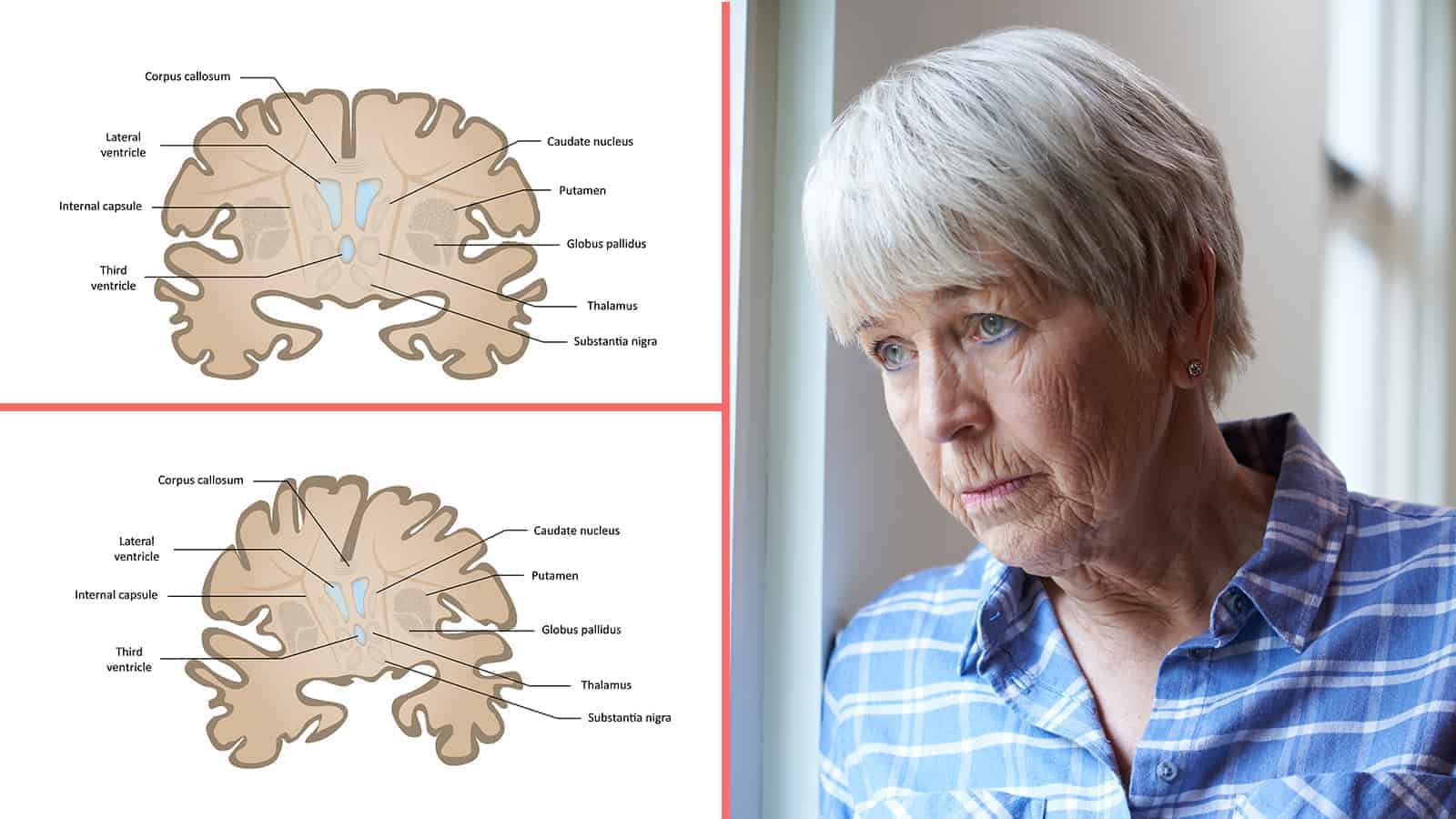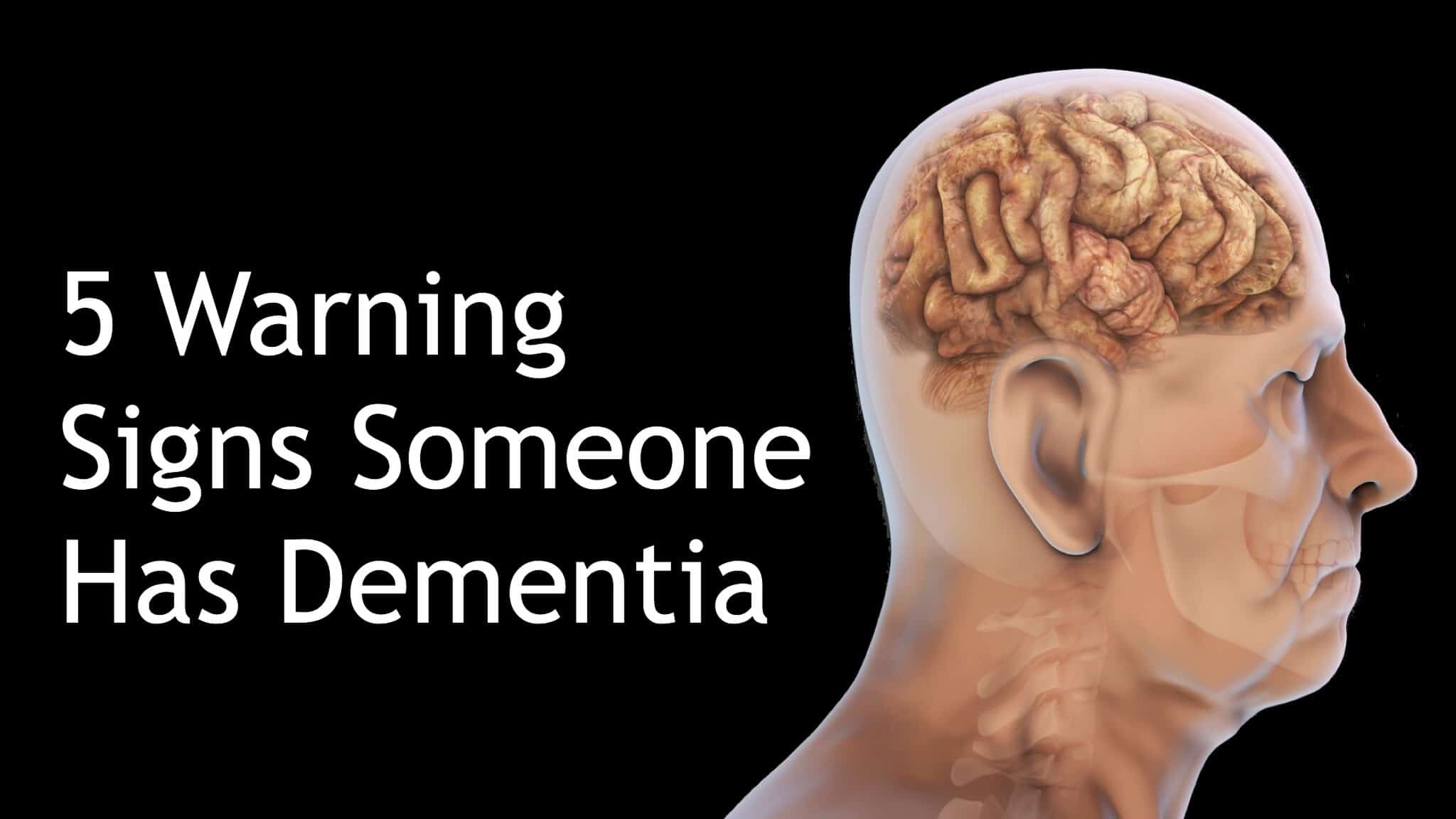What if you could lower your dementia risk as you age?
Would you do anything to prevent a significant cognitive decline later in life? Dementia is a horrible condition that robs people of their past, present, and future.
More than 50 million people across the globe have a degenerative mental disease known as dementia. Sadly, there is no cure for a condition that strips your memories and the very ability to recall the faces of your loved ones. Prevention is the only key to keeping this common illness at bay.
Experts state that in the next 30 years, they expect the number of people in the world with this mind-altering disease to more than triple. With staggering numbers looming in the distance, it’s essential to do whatever is possible to protect your brain now. There is a great deal of scientific and clinical evidence that can help people change their lifestyles and habits to improve their brain health.
Understanding Your Dementia Risk
Most individuals don’t understand dementia wholly, and it’s often even more confusing when you add the term Alzheimer’s to the mix. Think of dementia as an umbrella term used by the medical community to describe a loss of cognitive function. When a person has such an issue, they can’t remember, think, or reason, and they suffer from behavioral problems.
What are the Symptoms of Dementia?
•Trouble with Short Term and Long-Term Memories
•Visual Perception Alterations
•Loss of Problem-Solving Skills
•Inability to Focus
•Loss of Bladder and Bowel Function
•Inability to Speak or Lose Words
•Unable to Manage Self-Care
Different Types of Dementia
Remember that dementia is an umbrella term used to describe a cognitive issue. However, there are many different types of dementia. They are as follows:
•Alzheimer’s disease
•Vascular
•Frontotemporal
•Lewy body
The chances of developing dementia increase as a person ages. However, it should not be considered a normal aging process. It can happen in people below 40, which would be classified as an early onset.
Additionally, it can be seen after a trauma or injury that affected the brain area.
8 Ways to Lower the Dementia Risk
If there’s anything you could do to lower your risk of dementia, would you do it? Here are eight proven methods, and it’s never too late to start.
1. Meditation
People love meditation as it helps to calm their stress levels. However, when your stress levels are improved, the body doesn’t make the overproduction of cortisol. An increased cortisol level in the body can cause all sorts of problems, especially for the brain.
Research confirms that the brain’s gray matter becomes thicker when you meditate. This thickening essentially slows the aging process. What are cortical thickness and gray matter? It’s the regions of your mind that are responsible for both your memory and decision-making. It seems that deep relaxation can help you lower your dementia risk.
2. Avoid Tobacco Products
Tobacco use can cause a plethora of conditions within your body. Chronic use can lead to lung cancer, glaucoma, high blood pressure, and poor brain health. Additionally, the carcinogens in tobacco products can cause a cognitive decline.
Your brain health can be affected by your poisonous habits. Is the calming feeling that you get from nicotine worth all the risks?
3. Exercise
Exercise is essential to an overall healthy body. Not only does it reduce or improve your risk of developing cardiovascular problems, but it can also reduce the dementia risk. New evidence shows that working out affects your brain’s cells and help them stay healthy.
Those who engage in higher activity levels, like cardio workouts, seem to fare better. You need at least 2.5 hours of weekly exercise to stay in shape and protect your mental health.
4. Maintain a Healthy Weight
Maintaining a healthy weight is more difficult for some than others. However, the direct correlation between increased weight and dementia risk is undeniable. If your BMI is above 25, then your risk increases. Strive to keep your weight below this threshold for optimal brain health.
5. Prevent Hypertension
If your blood pressure is consistently above 140/90, it’s a cause for alarm. The American Heart Association states that anyone who has chronic high blood pressure increases their dementia risk.
The heart must work harder to get the blood to all body areas. Since the blood carries oxygen, the brain is affected when oxygen saturation levels are not correct. Do whatever you can to prevent hypertension.
6. Use the Mediterranean Diet
The World Health Organization recommends the Mediterranean diet explicitly for an overly healthy body. One reason this diet is superior is that it incorporates things that are good for brain health. While on this eating plan, you can expect to eat things like:
•Whole Grains
•Legumes
•Fruits
•Vegetables
•Fish
•Olive Oil and Other Healthy Fats
•Nuts and Seeds
One thing that this diet does is help to reduce the build-up of dangerous plaque in the brain. Plaque in the mind tangles around nerves and transmitters and can cause things like Alzheimer’s disease. While numerous new supplements are popping up on the market that state they can lower the dementia risk, a healthy diet is the most important thing you can do to protect your mind.
The supplements contain things like omega-3, B Vitamins, and antioxidants, all of which can be derived from food. There is no silver bullet in keeping this disease at bay other than hard work and persistence with diet and physical activity.
7. Engage in Brain Games
Though the research area on brain training games is in its infancy, experts believe that utilizing such activities can reduce the dementia risk. Playing games won’t keep a person’s brain from normal aging, but it can help them stay alert and healthy for a more extended period.
Games stimulate the mind, and it can play an incredibly significant part of aging well in the golden years. Thankfully, brain games are fun and don’t feel like doing a workout.
8. Stay Social
Could something as small as staying socially engaged help lower your risk of dementia? A study was conducted between the years of 1985-2013 that tested 10,200 people and their relationships. The goal was to see if there was any correlation between those who were socially active and the risk of developing dementia.
The findings showed that people who stay social well into their 60s had a lower chance of developing cognition problems. The risk was about 12 percent lower than in those that didn’t socialize as much. British Researchers feel this is another area that must be further explored when it comes to lowering the risk of developing dementia.
Early Warning Signs You Shouldn’t Ignore
When it comes to dementia, you want to be on the lookout for early warning signs. You can do things to help slow the progression of the disease, and these early indicators will help you in the short term. The signs are:
•Constantly Misplacing Things
•Difficulty with Finishing Tasks You’ve Started
•The Inability to Retrace Steps
•Difficulty Remembering Words or Writing
•Confusion on Visual Images
•Problems Speaking and Troubling Articulating Your Thoughts
•Socially Withdrawing
•Confusions Regarding Your Time or Place
•Spatial Relationship Problems
•Poor Judgment and Decision Making
Ordinary things that you once knew and loved can become strange and foreign. For instance, if you’ve played the piano all your life, you may suddenly sit down to the keys and be unable to recall how to play. It would help if you also kept in mind that depression and severe anxiety can mimic dementia, but the effects of those mental health conditions aren’t typically long-lasting.
 Final Thoughts on Unlocking The Key to a Lowered Dementia Risk
Final Thoughts on Unlocking The Key to a Lowered Dementia Risk
Some often call Alzheimer’s disease the long goodbye. Many people can suffer for years with this condition as it deteriorates and takes every ounce of memory from them. Eventually, their brain stops telling the body to function, and they pass.
It can be quite a long journey from the diagnosis to when the person dies. The family must endure many hardships as they watch someone who they love decline. Also, the person trapped in that body isn’t functioning well. He or she struggles every day.
If there is anything that you can do to prevent going through such a horrible occurrence in life, then you should do it. If it means eating healthy and avoiding carbs and fast food, then you have got to try.
You don’t want to be in a nursing home and not recognize your loved ones’ faces. You owe it to yourself and them to do whatever it takes to lower the risks.



















